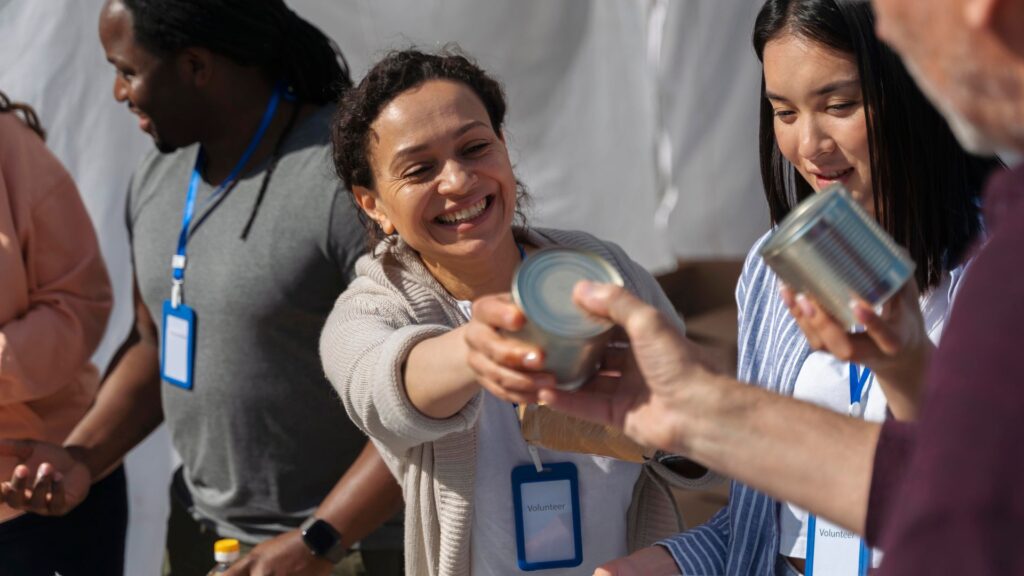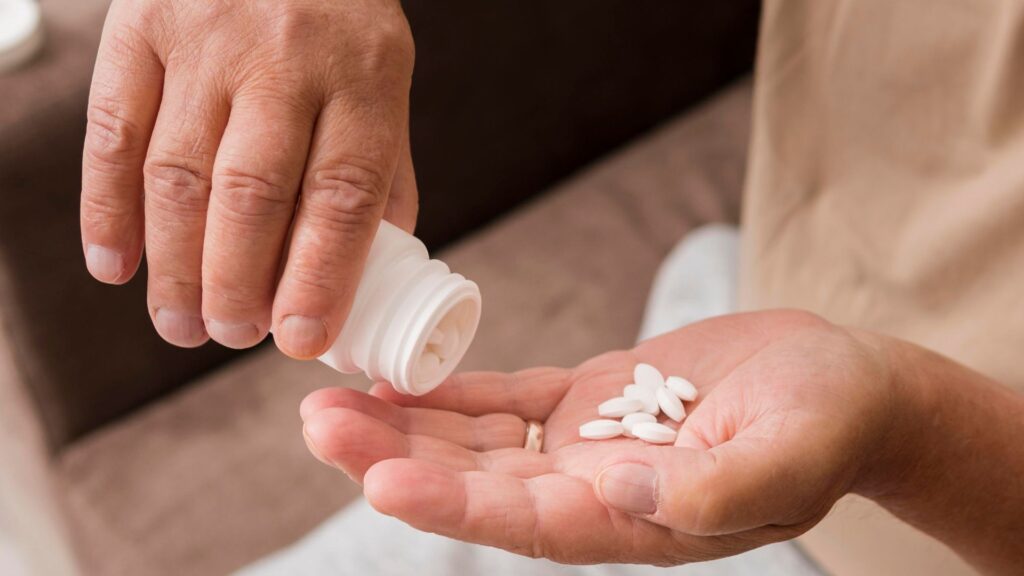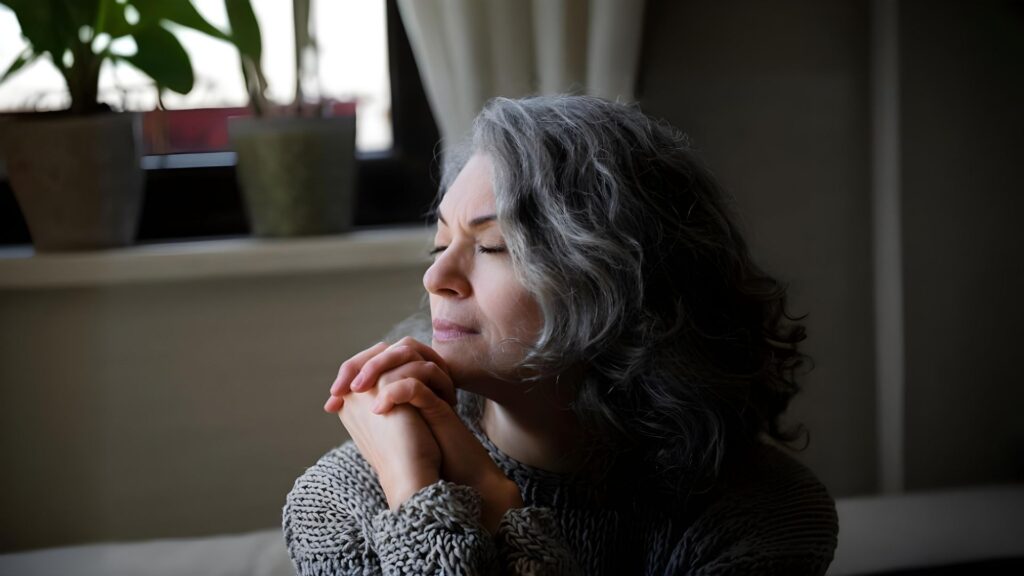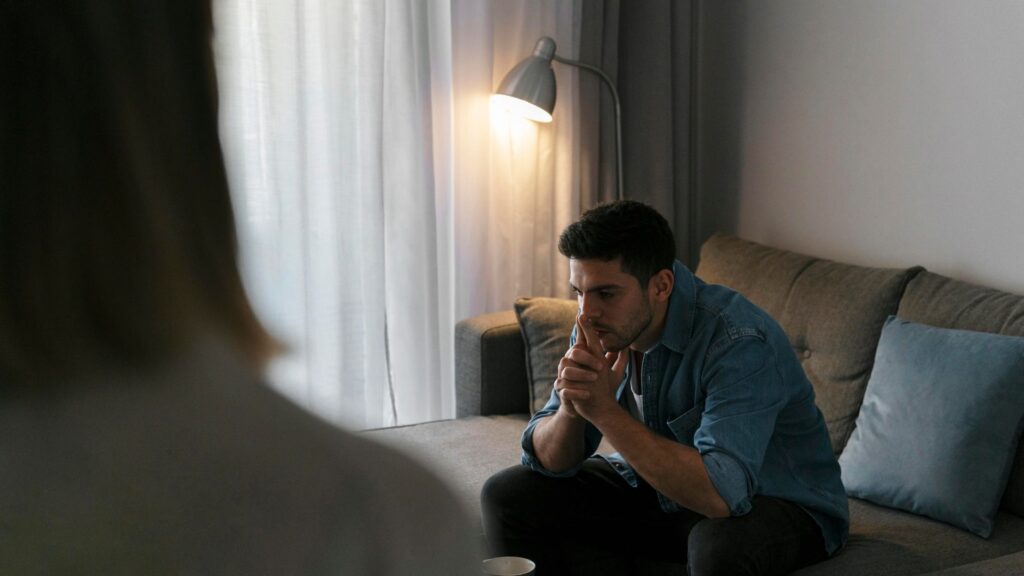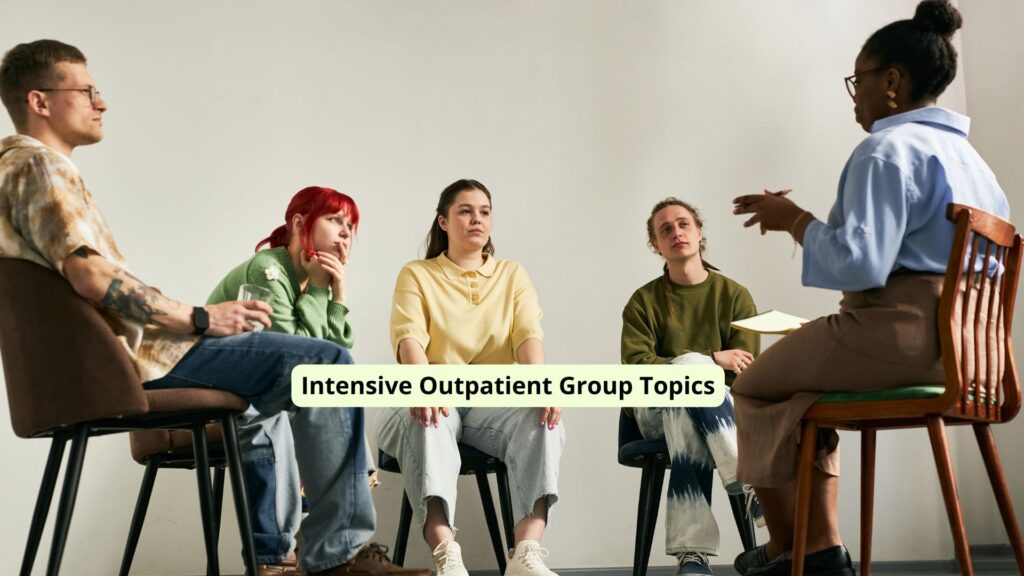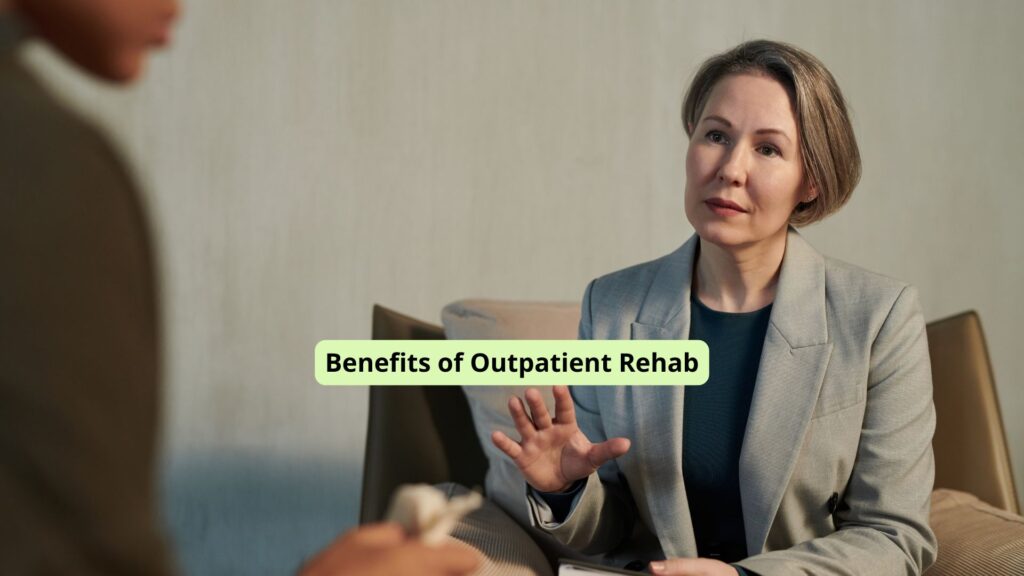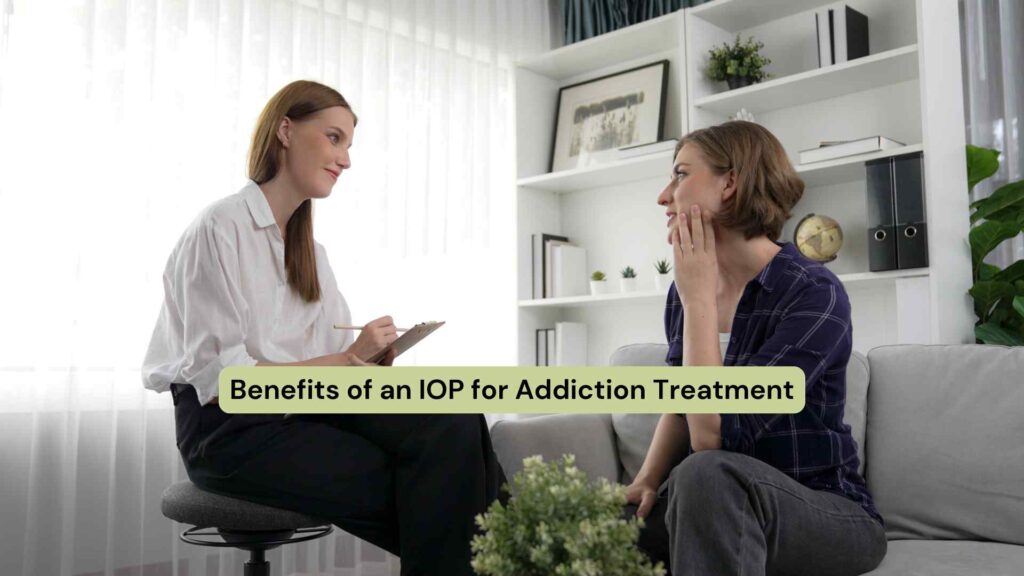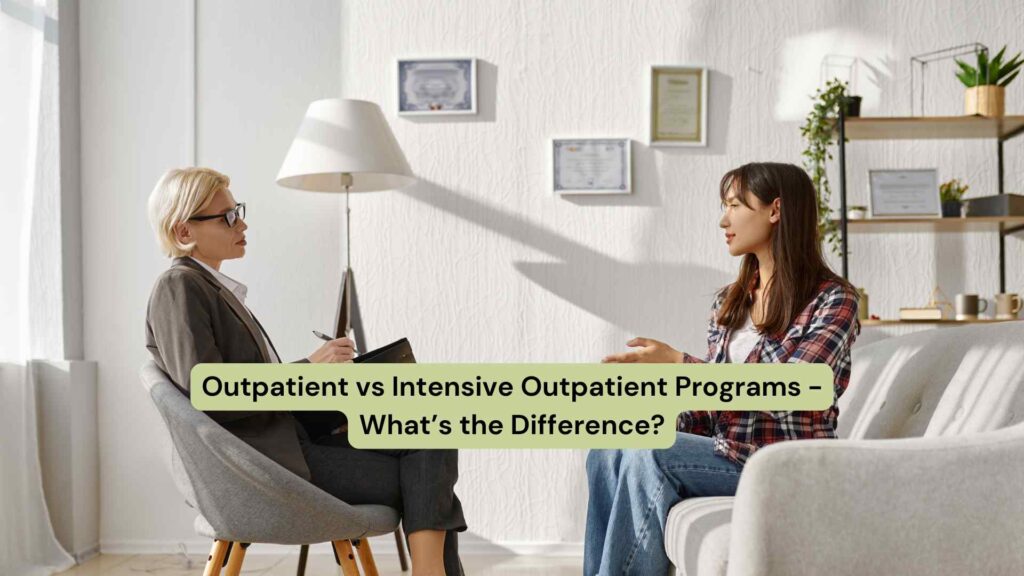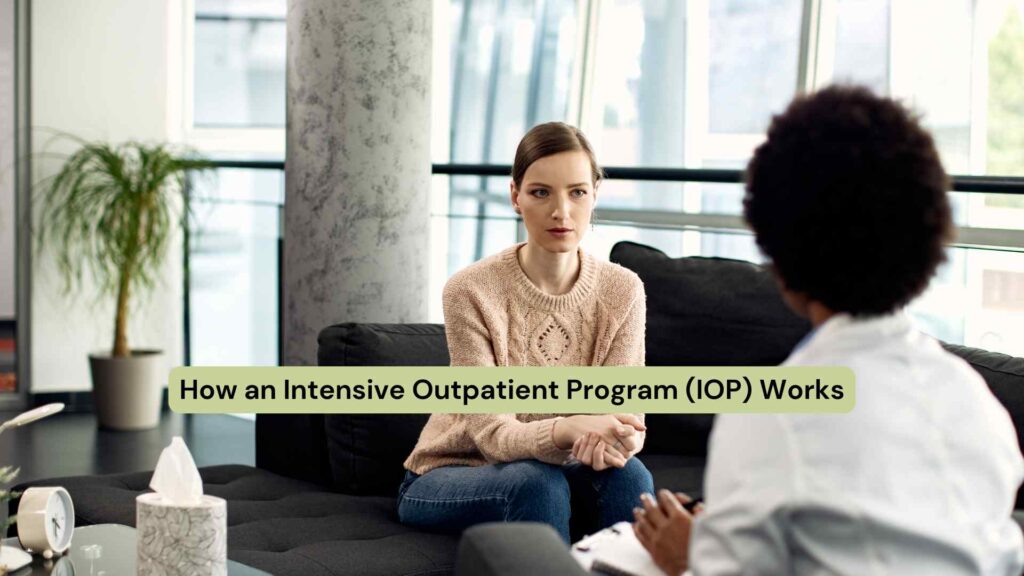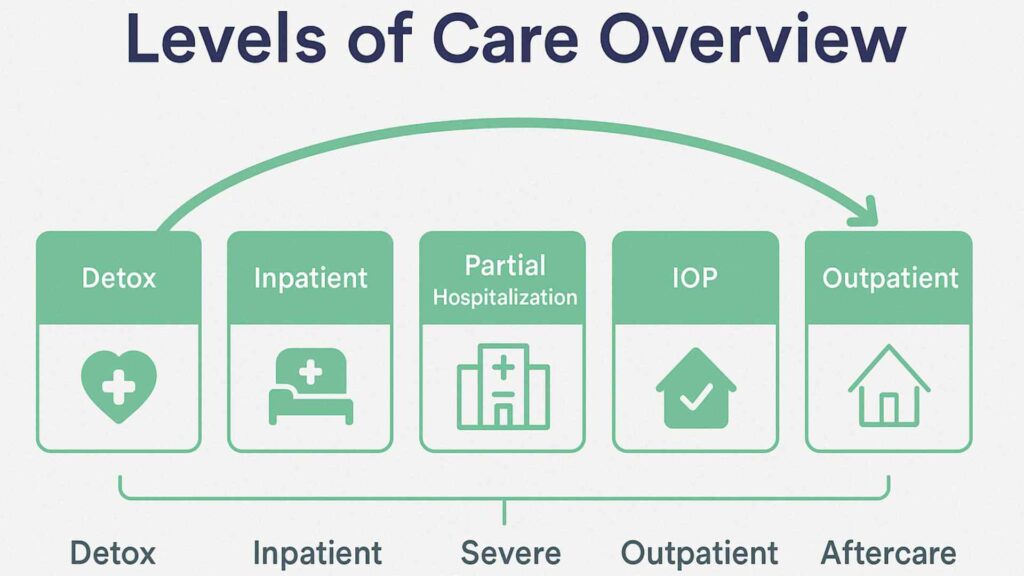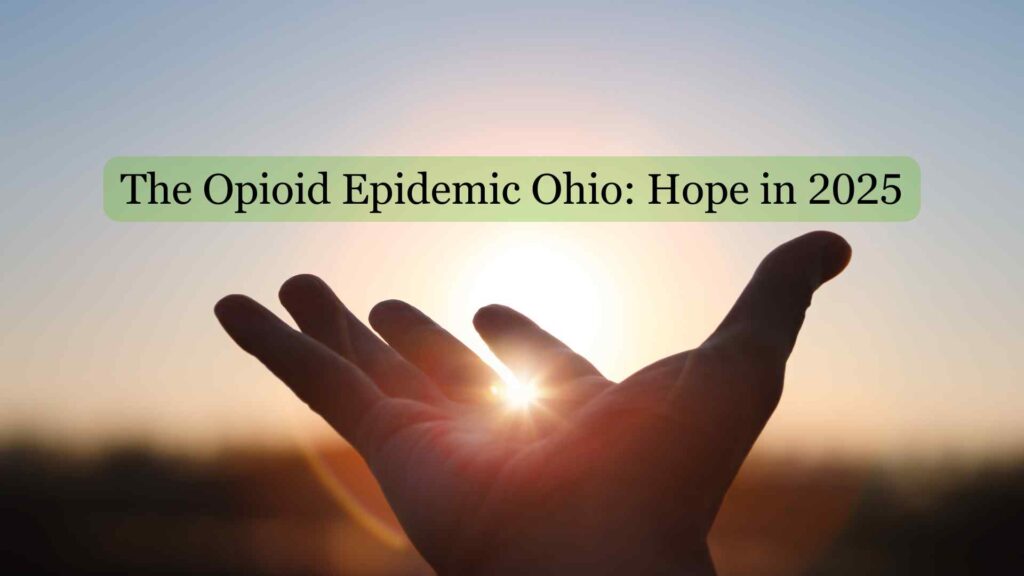The specific topics covered in intensive outpatient group therapy will vary depending on the program and the needs of the participants. However, the overall goal is to provide a supportive and structured environment where patients can gain insights, develop coping strategies, and build connections with others who face similar challenges.
In this article, we will explore the common group therapy topics covered in Intensive Outpatient Programs (IOPs) and discuss the benefits of group support, as well as how tailored topics can address the unique needs of individuals on their path to lasting sobriety.
Core Group Therapy Topics in IOPs
Intensive Outpatient Programs (IOPs) typically incorporate several key group therapy topics to support patients’ recovery and personal development.
Coping Skills and Avoidance Behaviors
Avoidance behaviors (like using substances or withdrawing socially) are often unhealthy ways of dodging tough emotions. In recovery, the goal is to recognize what triggers these behaviors and replace them with healthier coping strategies.
Individuals in group therapy are given tools like mindfulness and grounding, which help people stay present and emotionally stable. Digging into the root causes of avoidance in therapy, especially in group settings, plus building supportive peer connections, helps individuals create a personalized toolkit of better habits, such as relaxation, communication, problem-solving, and self-care.
Goal Setting and Personal Growth
Setting personal goals is a core part of recovery in IOPs. Therapists help clients create meaningful and realistic goals and track progress step by step. The group setting provides accountability and peer support, which enhances motivation and follow-through.
Studies show goal setting boosts behavior change and sobriety, and peer support in groups often outperforms solo therapy. By working on goals in a supportive IOP environment, individuals build purpose, confidence, and momentum.
Relationship Dynamics and Communication
In IOP group therapy, relationships and communication take center stage. Participants explore healthy versus unhealthy dynamics, sharpen their active listening and assertive communication skills, and learn to set boundaries and build trust.
Family roles and support systems are also explored, as they have a profound impact on recovery. Through group chats and hands-on exercises, individuals gain self-awareness, learn to handle conflict, and strengthen their connections. This results in better mental health and a lower chance of relapse.
Emotional and Psychological Health
IOP group therapy tackles emotional and mental health head-on as a key part of recovery. Participants learn to manage issues like anxiety and depression, build emotional resilience, and develop emotional intelligence.
Therapists use proven methods like CBT and ACT to shift negative thinking and promote healthier mindsets. Through group discussions, role-plays, and reflection, clients acquire practical tools to enhance their long-term mental wellness.

Trauma and Recovery
Trauma plays a major role in mental health and addiction issues, increasing the risk of conditions like depression, anxiety, and substance use. Treating trauma in individuals in group therapy is the key to real recovery. IOPs that include trauma-focused therapies (CPT, PE, and EMDR) help individuals process painful experiences in a safe, supportive setting.
CPT tackles distorted beliefs, PE reduces fear through exposure, and EMDR helps reprocess traumatic memories. These therapies are proven to ease PTSD, depression, and anxiety more effectively than general treatments. In a group setting, they also foster connection, support, and shared healing.
Specialized and Advanced Group Topics
The specialized and advanced groups offered in IOPs provide a comprehensive approach to addressing the diverse needs of individuals seeking treatment. By tailoring discussions to specific challenges, these groups offer a deeper level of support and facilitate more targeted growth and recovery.
Substance Abuse and Dual Diagnosis
Dual diagnosis—the co-occurrence of substance use and mental health disorders—is common and complex, often linked to self-medication and shared risk factors. Research shows that integrated treatment addressing both issues simultaneously is more effective than treating them separately.
Specialized IOP groups for dual diagnosis offer targeted care, helping individuals identify triggers, build coping skills, and prevent relapse using evidence-based methods like CBT. These groups also provide vital peer support, reducing isolation and fostering lasting recovery.
Relapse Prevention
Relapse prevention is a core focus of IOPs, helping individuals sustain long-term recovery from substance use disorders. In these groups, participants learn to identify personal warning signs and high-risk situations that may lead to relapse, such as stress or emotional distress.
With guidance from therapists and peers, they develop personalized plans that include strategies for managing cravings, reducing stress, and maintaining sobriety. Techniques may involve relaxation methods, alternative activities, and reaching out for support.
A strong support network is emphasized as essential, offering accountability and encouragement through family, friends, sponsors, and recovery communities.
Cultural and Identity-Based Groups
Cultural and identity-based groups in IOPs provide a space for participants to explore how their cultural background, race, gender, and sexual orientation impact their recovery. These groups address the effects of discrimination and systemic oppression on mental health and substance use, while encouraging individuals to view their identities as sources of strength.
Through shared experiences, participants build self-acceptance, connection, and a sense of belonging. The goal is to support recovery by honoring each person’s unique cultural identity and lived experience, fostering empowerment and deeper self-understanding.
Life Skills and Practical Recovery Tools
IOPs integrate life skills training and practical tools to support long-term recovery. Participants in this kind of group therapy learn stress management techniques like deep breathing and mindfulness to maintain emotional balance. Time management skills help prioritize responsibilities and stay organized.
Financial planning and budgeting are taught to empower individuals in managing expenses and reducing money-related stress. Employment readiness training—including resume building and interview preparation—prepares participants for stable work aligned with their goals.
IOPs also promote self-care and healthy lifestyle habits, such as regular exercise, nutrition, and sufficient sleep, which are essential for sustaining recovery and improving overall well-being.
The Importance of Community and Peer Support
Intensive outpatient programs highlight the vital role of community and peer support in recovery. Group therapy helps participants build connections with others facing similar struggles, reducing isolation, a major barrier to healing.
Research shows that strong social support improves treatment outcomes and lowers relapse risk. Relationships within IOPs create accountability and encouragement, fostering belonging and commitment to recovery goals.
While peer support is essential, individual therapy and other treatment elements also contribute significantly to the recovery journey.
Final Thoughts from Abundance Treatment
Participating in IOP group sessions allows patients to benefit from peer support, shared experiences, and a sense of belonging. The group setting also provides opportunities for patients to practice new skills and receive feedback from therapists and fellow group members.
You can easily start your journey to lasting recovery with Abundance Treatment’s Intensive Outpatient Program. Our group sessions provide essential tools, professional support, and peer encouragement to help you build coping skills, set goals, and maintain sobriety.


